Though “The Ballad of Songbirds and Snakes,” the newest entry in The Hunger Games franchise, has all the hallmarks of a great movie — high production value, a solid storyline and supremely attractive characters — it’s not a stand-alone movie, and should not be treated as such. For many fans, the long-awaited story didn’t disappoint. However, when viewed in comparison to the other four movies in its franchise, it leaves much to be desired.
Call it nostalgia, but I was devastated when “The Ballad of Songbirds and Snakes” fit in more with musicals than action films.
“The Ballad of Songbirds and Snakes” recounts the origin story of Coriolanus Snow, the franchise’s overarching antagonist. The film humanizes the future dictator by revealing his once-possessed ability to love and his tendency to scare love away. In the film, Snow is still the snake familiar to the original stories, but it’s clear he wasn’t born evil. In fact, this point is drilled in by the film’s titular songbird, Lucy Gray Baird, who plainly states, “We are all born with the capacity for good and evil. It’s our choices that determine which path we take,” a platitude a bit too on the nose for my liking.
While it’s conceptually interesting to see Snow’s devolution into a man capable of the atrocities that made the original series possible, the film misses the mark in emotional sensitivity. There were several instances when I felt the directors forgot the sheer weight the Hunger Games held over Panem. District 12’s reaping is a prime example of this. For instance, when the Capitol called Lucy Gray’s name to participate in the Hunger Games, she was light-hearted and sassy beyond belief. After walking onto the stage, she referred to the peace-keepers as her “boys,” broke out into song as if she was in “High School Musical” and later revealed her name was only called because of a squabble she had with the mayor’s daughter over a boy. This reaction contrasted sharply with the reapings of the original movies which elicited only crying, screaming and pleading for mercy. In a time when the games had not yet been normalized, there would’ve been an uproar every time a child’s name was called to die.
This points to a common theme throughout “The Ballad of Songbirds and Snakes.” In the original four movies, the excruciating deaths of fan-favorite characters were not unusual. However, when someone died in those movies, it meant something. In this film, characters would commonly have less than five minutes of screen time before they succumbed to their demise. Oftentimes, they were hardly developed beyond their archetype before being used as a mere plot device to push the movie forward.
Take Clemensia Dovecote, one of Snow’s classmates, for example. When Snow drafted ideas for the future of the Games, she took credit for his work. She was a classic, stereotypical show-off, and her one-dimensional character suffered a three-dimensional death when she was called out for it. This was in stark contrast to the deaths in the original movies: When Rue or Finnick or Prim died, I was a crying mess. When Clemensia died, I couldn’t remember what her name was.
When Clemensia died in Snow’s company, he seemed to be about as indifferent as I was. He asked once if she may survive, and the answer was clearly “no.” Afterward, seemingly undisturbed, he just returns to his conversation. This was before Snow was even painted as a villain; he was still trying to better the conditions for the kids forced into the games. He still had his humanity. However, even as an innocent civilian, he hardly cared about the death of a classmate he had presumably known for years. This is simply not how people function, even after enduring war.
To the movie’s credit, it had some great things going for it. Its diverse cast and wonderful soundtrack made it a star in categories the original movies arguably lacked in. However, it doesn’t fit in with the franchise I’ve grown to love so much over the years. The difference in directional choices and overall tone of the prequel made it a movie I don’t plan on revisiting when I come around to my occasional Hunger Games movie marathon. Some ballads are better left unheard.


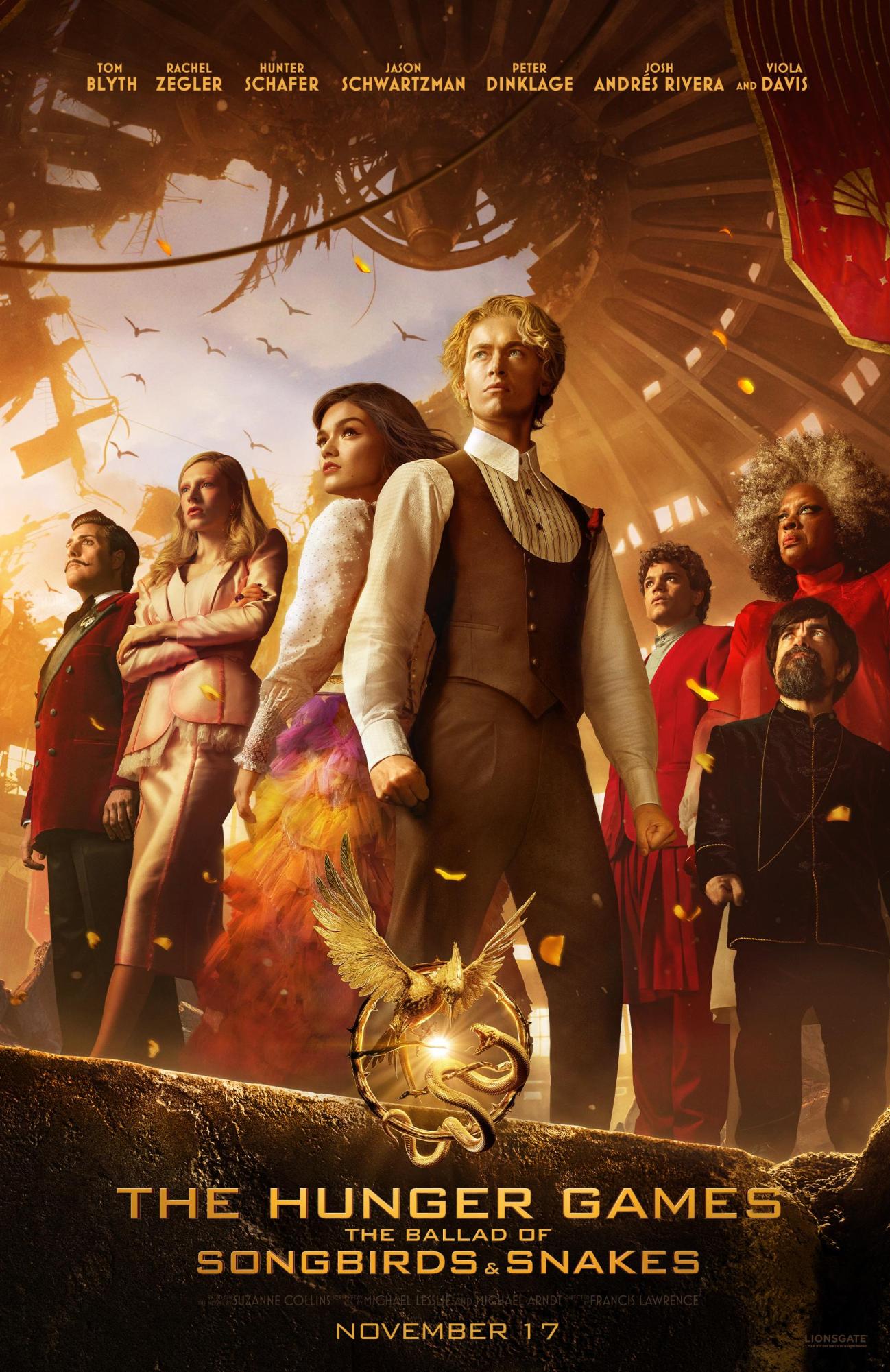
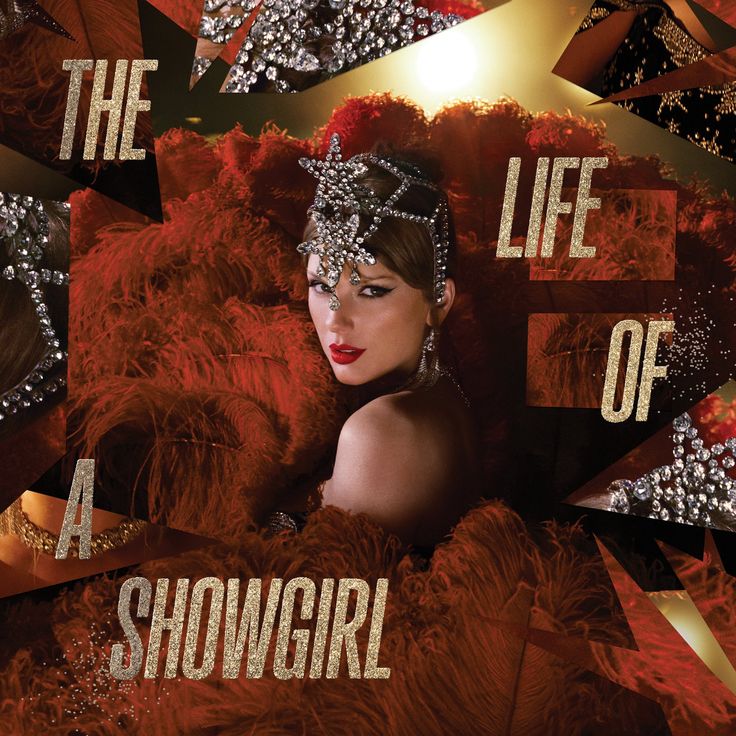

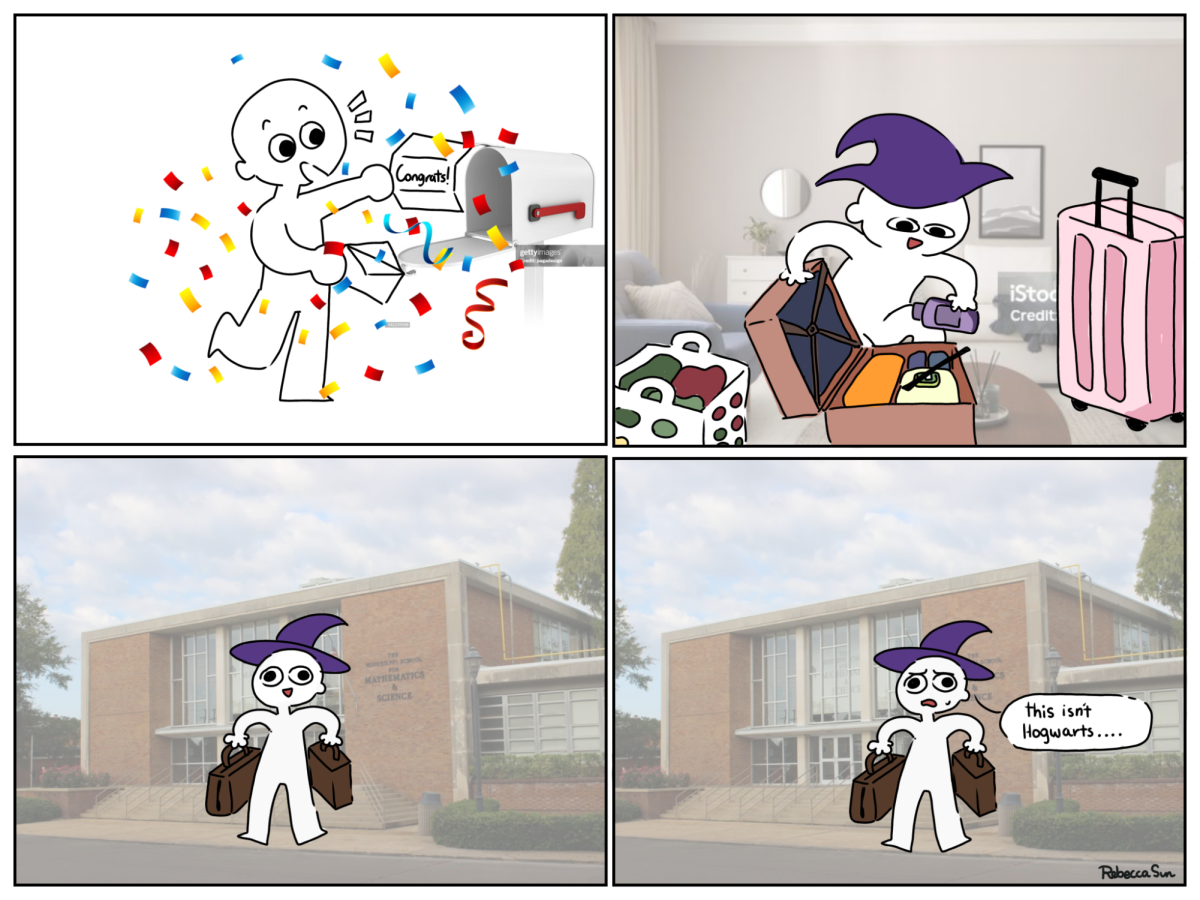
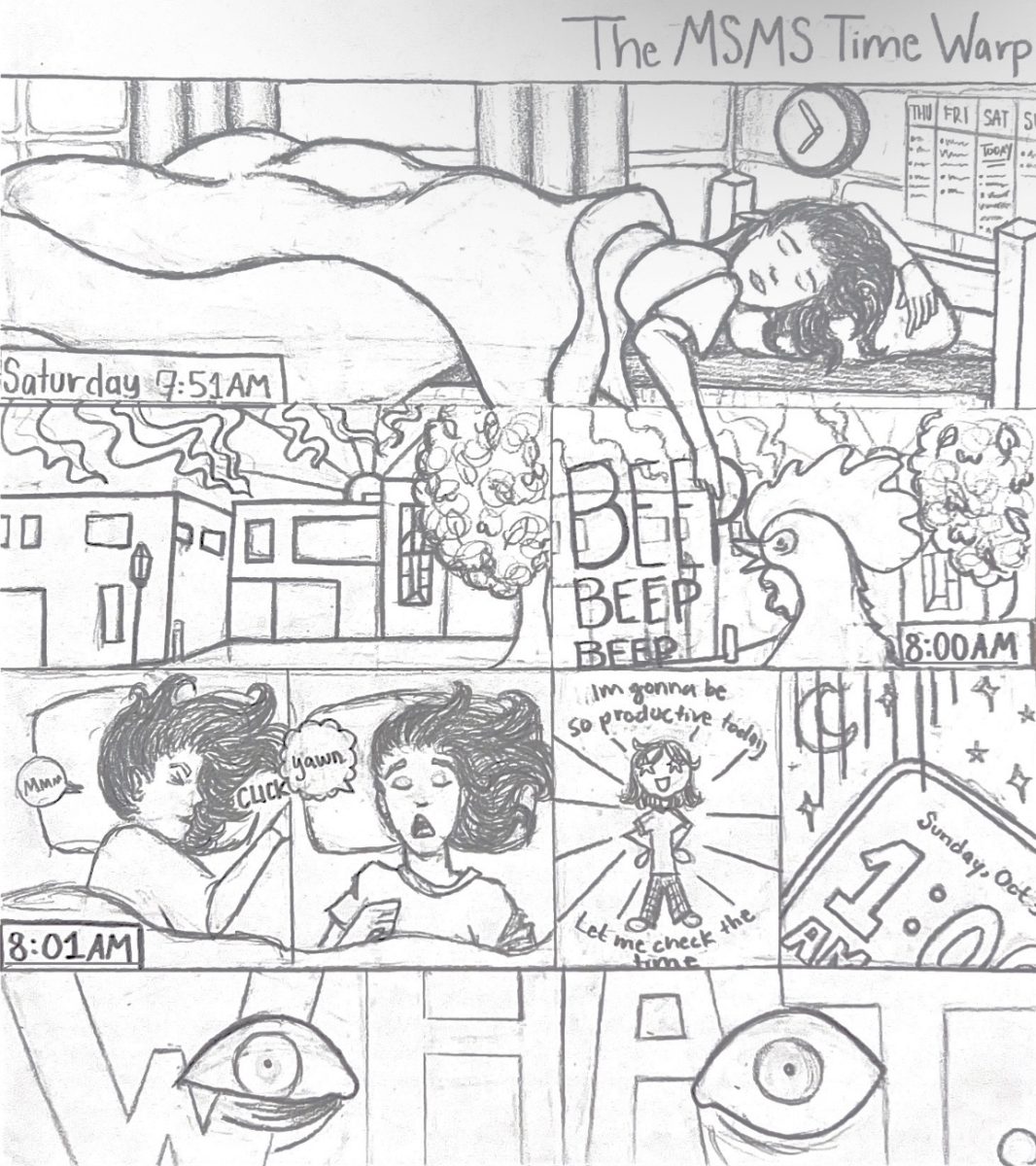

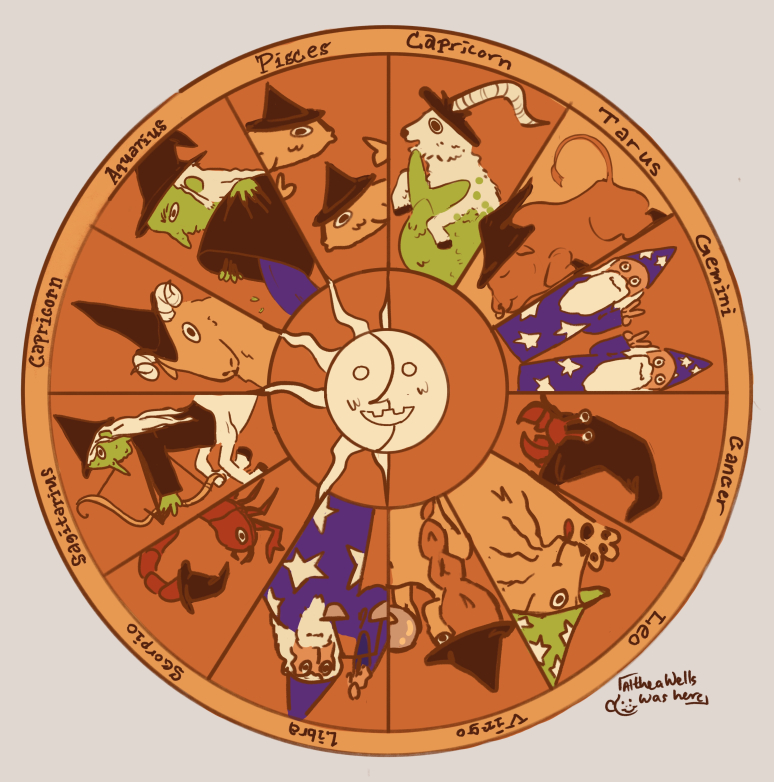
Riyaz Mathews • Mar 1, 2024 at 9:35 pm
I thought the book was pretty good but after watching the movie (just now) after seeing there was an article about it. I agree that the movie became more of a musical rather than action. But also there a long term connection which is the kinda explained when Katniss Everdeen sings to rue in the first hunger games, and how Tigris is in Mockingjay as a rebel, also when Katniss shoots President Coin of district 13 instead of Snow, and Gale actually takes the job to District 2 (which Snow could’ve taken way earlier) and the epilogue of Mokingjay emphasizes that Lucy Gray technically won’t be forgotten even though she was technically district 12’s first victor and even though it’s not really explained what happened to her, in Mockingjay in the epilogue Katniss chooses to be in the meadow where it is safe rather than with Gale and anyway my point is Suzanne Collins is a great writer but the movies based off books of-course won’t be as great.